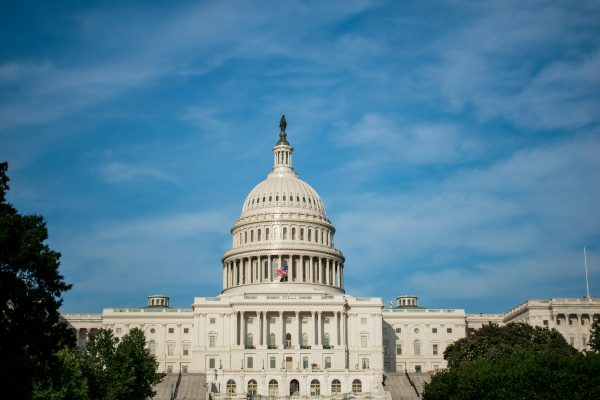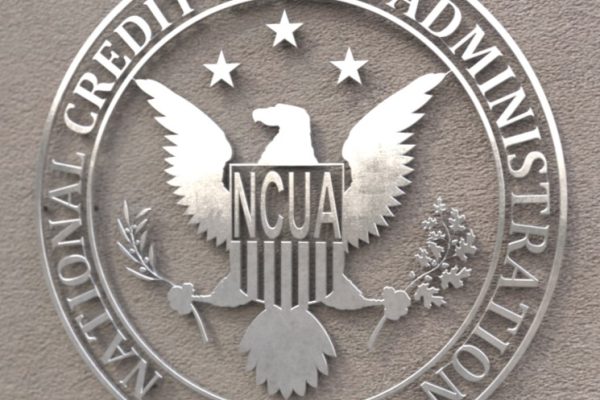Letters to Congress: Letter Urging Senate Majority to Confirm Pending Nominees
Americans for Financial Reform and Public Citizen along with 50 organizations that advocate for racial, social, economic, and climate justice, wrote to urge Senate Majority Leader Schumer to confirm pending nominees for financial regulators and independent agencies like the National Labor Relations Board.










